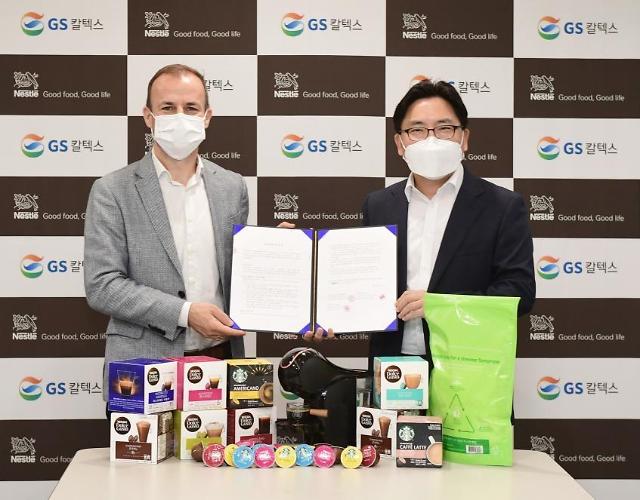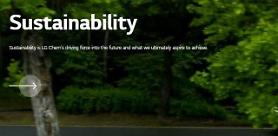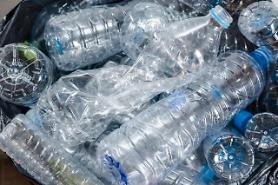
[Courtesy of GS Caltex]
As part of a project to reduce carbon emissions, GS Caltex will process and produce plastic capsules sold by Dolce Gusto, a coffee capsule brand owned by Nestle Korea. Collected plastic capsules will be processed into recyclable raw materials like flake and pellet by Dowon Industrial, a metal recycling company in South Korea. Using processed materials, GS Caltex will produce composite resins.
"We will continue to cooperate with Nestle Korea to actualize environmental responsibility and net environmental value," GS Caltex business strategy division head Jang Hoon said in a statement on August 4. About 10 percent of GS Caltex's composite resin is based on waste plastics. In November 2021, the company received international certification for verifying and tracking recycled content.
GS Caltex said it would carry out high-value commercialization using recycled raw materials of Nestle Korea and provide technical support. "We will make continuous efforts to provide Korean consumers with sustainable value through cooperation with GS Caltex (which) has expertise in developing eco-friendly materials," Nestle Korea managing director Román Irurre Wolfisberg was quoted as saying.
Upcycling refers to creating new values using discarded products. Polyethylene terephthalate (PET) bottles are upcycled to be made into clothing. GS Caltex is trying to establish a resource circulation system in which the production, consumption and recycling of plastics are repeated through mechanical and chemical recycling.
In December 2021, GS Caltex started a demonstration project to inject waste plastic pyrolysis oil decomposed by chemical recycling into petroleum refining. Recycled oil is created through pyrolysis, a technique that involves extreme pressure and heat to break down plastics and vinyl into oil. GS Caltex will use recycled oil to produce propylene, a core petrochemical material used for the manufacturing of polypropylene plastics.
Copyright ⓒ Aju Press All rights reserved.




